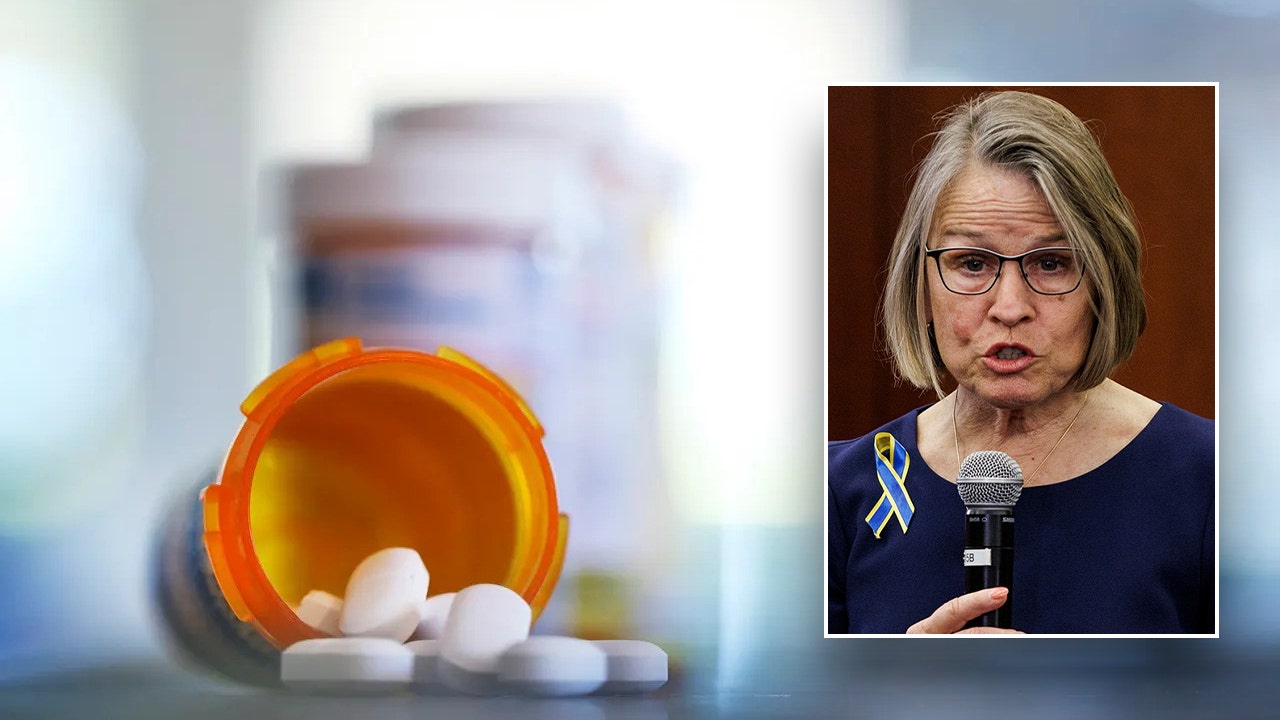Bipartisan bill unveiled to prevent PBMs from driving up prescription drug costs

A bipartisan group of lawmakers, led by GOP Iowa Rep. Mariannette Miller-Meeks, has introduced the “Delinking Revenue from Unfair Gouging (DRUG) Act” to reform the incentive structure for Pharmacy Benefit Managers (PBMs). The lawmakers argue that the current system drives up patient costs by encouraging PBMs to favor higher-priced drugs and withhold potential savings.
PBMs act as intermediaries between insurance companies, drug manufacturers, and pharmacies to control drug prices and access. The DRUG Act proposes that PBMs in the commercial market should only charge a flat fee for their services related to a specific prescription drug, rather than continuing to charge a percentage of the drug price. This change aims to remove the incentive for PBMs to drive up the list price of medications and increase profits.
Miller-Meeks emphasized that PBMs have excessive influence over the prices patients pay at the pharmacy counter. She highlighted that local pharmacies in Iowa are closing due to greedy PBM practices, impacting access to medications for Iowans. The DRUG Act aims to put downward pressure on prescription drug prices and insurance premiums by changing the incentive structure for PBMs.
According to the Iowa Pharmacy Association, PBMs have been using opaque reimbursement models that often pay pharmacies less than the list cost of a drug and the services provided. This practice has led to the closure of pharmacies in Iowa and across the country. The association reported that 29 Iowa pharmacies and 2,300 pharmacies nationwide closed their doors in 2024.
While PBMs have played a vital role in making drugs more accessible, the consolidation of the three largest PBMs now managing nearly 80% of all prescriptions filled in the U.S. has raised concerns about anti-competitiveness. The DRUG Act aims to address this issue and lower costs for patients.
Rep. Nannette Barragán, D-Calif., a co-sponsor of the bill, highlighted that PBMs steer patients towards more profitable drugs, which may not be the most clinically effective for consumers. She emphasized that this broken system disproportionately harms low-income individuals, seniors, and those with chronic illnesses who rely on life-saving prescriptions.
Rep. Donald Norcross, D-N.J., another co-sponsor of the DRUG Act, noted that families in his district are struggling with high prescription drug prices. He stressed the importance of providing Americans with access to quality healthcare and affordable prescription drugs. The DRUG Act aims to rein in prescription drug prices by removing the incentive for PBMs to inflate costs, increasing transparency, and prioritizing patients over profits.
The proposed reforms in the DRUG Act seek to address the issues surrounding PBMs and their impact on patient costs. By changing the incentive structure for PBMs, the lawmakers hope to create a more transparent and cost-effective system for prescription drug pricing.




